Summary
Highlights for Friday, 22 November 2019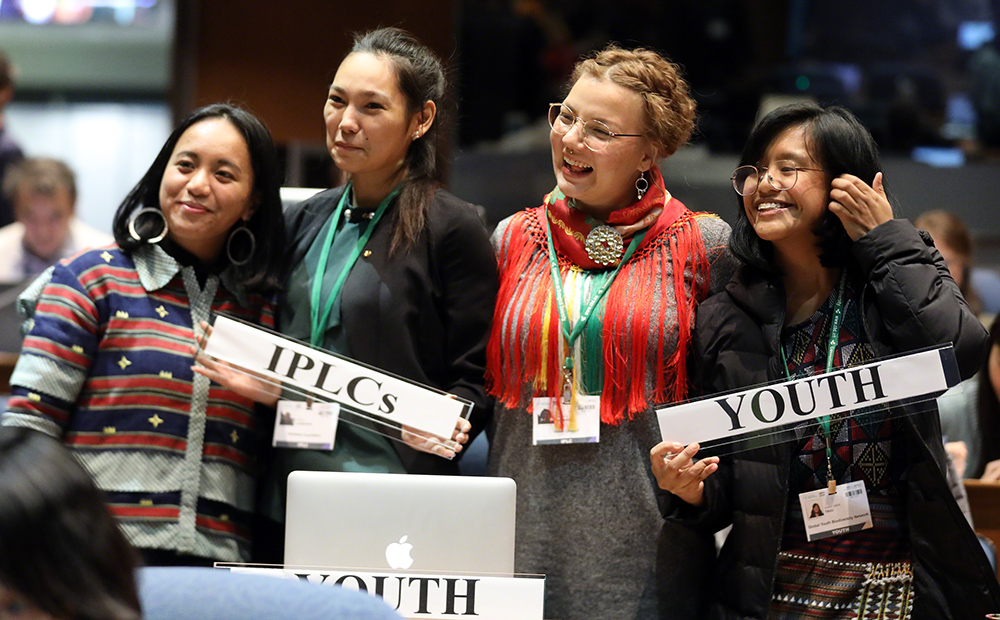
The 11th meeting of the Ad Hoc Open-ended Working Group on Article 8(j) and Related Provisions of the Convention on Biological Diversity (CBD) concluded its deliberations, approving final recommendations to the Conference of the Parties (COP) on:
Regarding the development of a new programme of work and institutional arrangements, consensus could not be reached and the final recommendation contains bracketed text. A number of options were tabled regarding institutional arrangements, including establishing a permanent subsidiary body on Article 8(j), retaining the Working Group in its current form, or integrating it in the Convention’s subsidiary bodies. Following lengthy discussions, all suggestions remained on the table and the issue will be further discussed in COP 15 in Kunming, China, including the potential establishment of an ad hoc technical expert group (AHTEG) on IPLCs and the post-2020 framework. In closing statements, Elizabeth Mrema, Officer-In-Charge, CBD Secretariat, reminded delegates that the Haudenosaunee Confederacy, on whose land the meeting took place, holds the philosophy that deliberations must consider the impacts of their decisions “on the next seven generations.” She highlighted that, during the meeting, contributions of the traditional knowledge, innovations, and practices of IPLCs in addressing biodiversity loss were recognized as fundamental, as well as that the traditional knowledge and languages are essential to social and ecological resilience. Regional groups stressed that “this is a crucial moment for biodiversity,” emphasizing the need to take stock of progress on the Aichi Targets and develop an ambitious post-2020 global biodiversity framework. Observers, including indigenous organizations, emphasized that the full and effective participation of IPLCs is crucial for a strong post-2020 framework; underscored that the post-2020 framework needs to be inclusive; expressed concern about potentially moving away from environmental and human rights standards as recognized by the UN Declaration on the Rights of Indigenous Peoples (UNDRIP); and lamented the number of brackets still remaining in some of the approved recommendations. Co-Chairs Lakpa Nuri Sherpa (Nepal) and Hamdallah Zedan (Egypt) underscored that collaboration is key in fighting biodiversity loss and climate change. They emphasized the fruitful relationship with IPLCs, who are “the guardians of most of the remaining biodiversity,” and stressed that the post-2020 global biodiversity framework provides an opportunity to further this relationship. Zedan gaveled the meeting to a close at 4:58 pm.For more details on the day’s negotiations and to hear what delegates said in the corridors, see our daily Earth Negotiations Bulletin.
IISD Reporting Services, through its Earth Negotiations Bulletin (ENB) meeting coverage, provided daily web coverage, daily reports, and a summary and analysis report from SBSTTA 23 and WG8J 11.
Photos by IISD/ENB | Mike Muzurakis
For photo reprint permissions, please follow instructions at our Attribution Regulations for Meeting Photo Usage Page
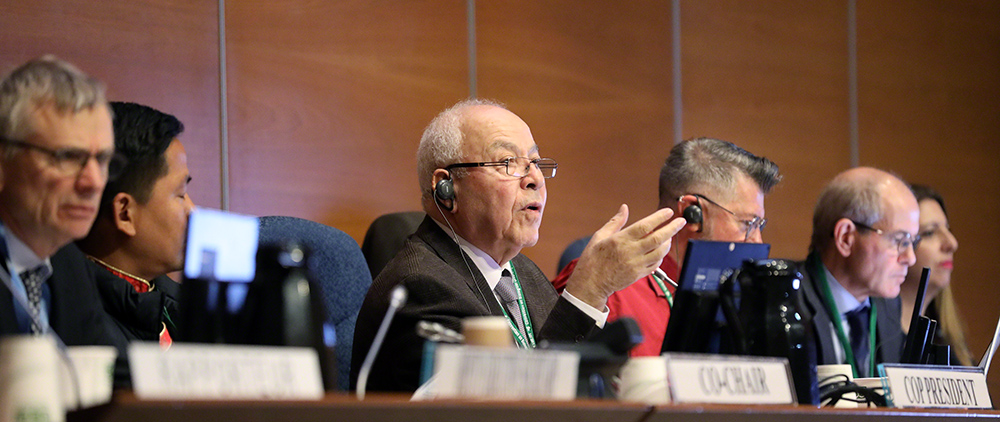
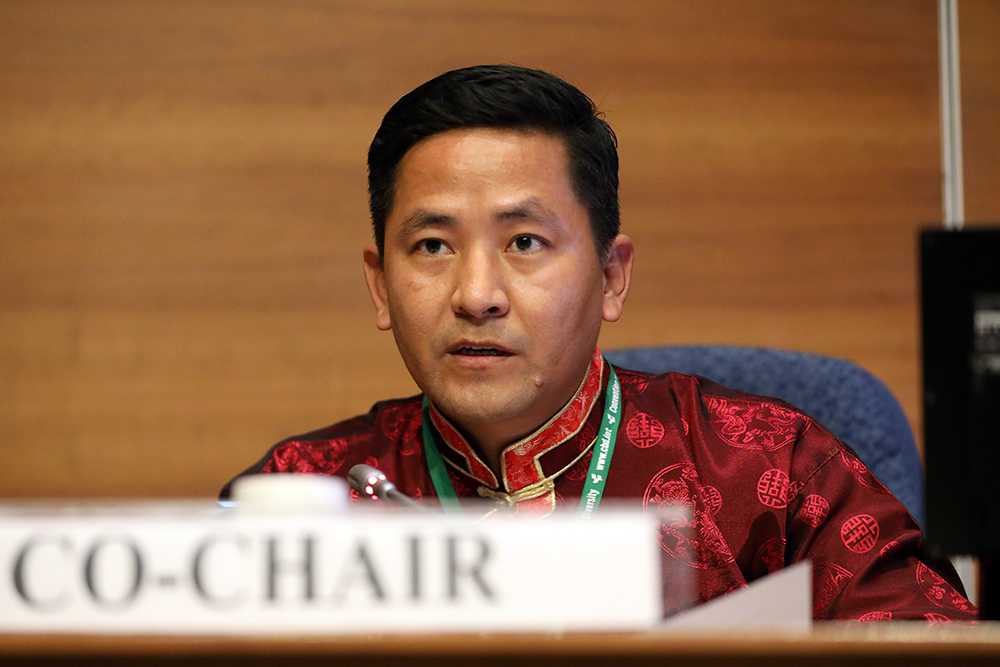
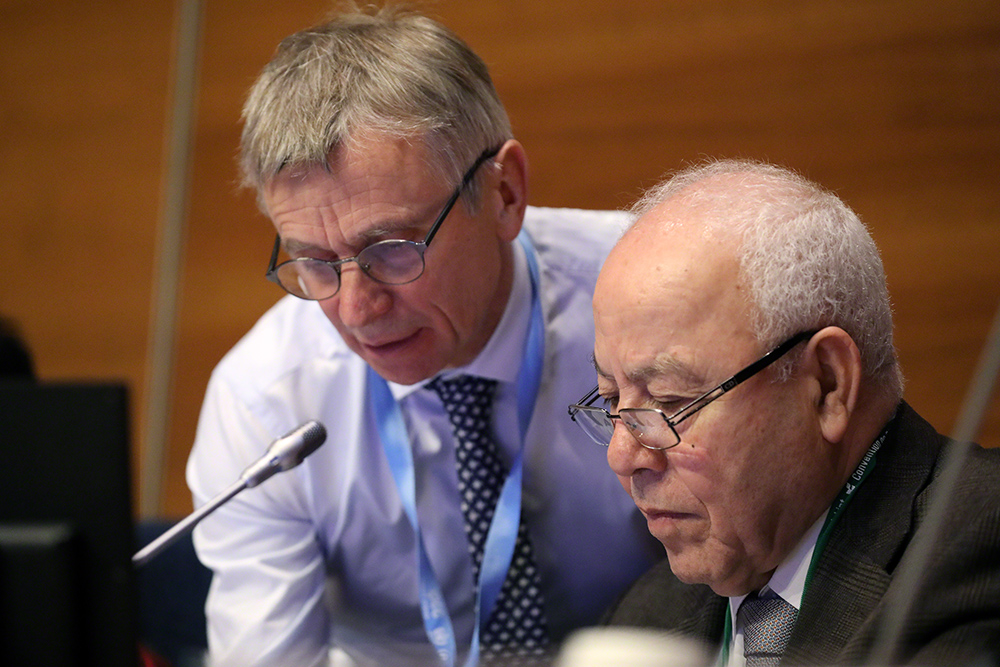
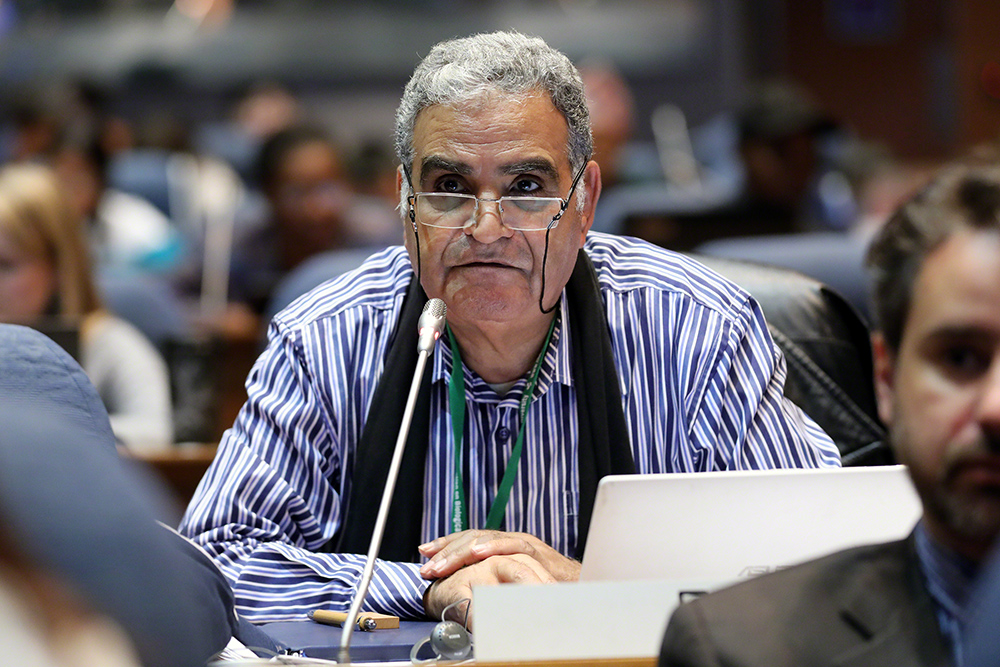
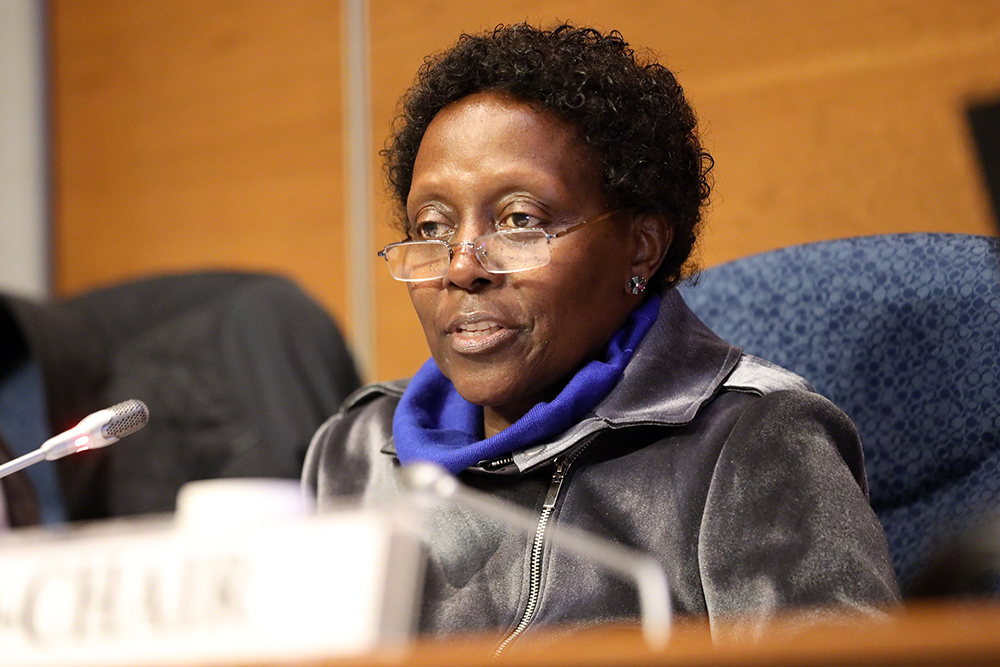
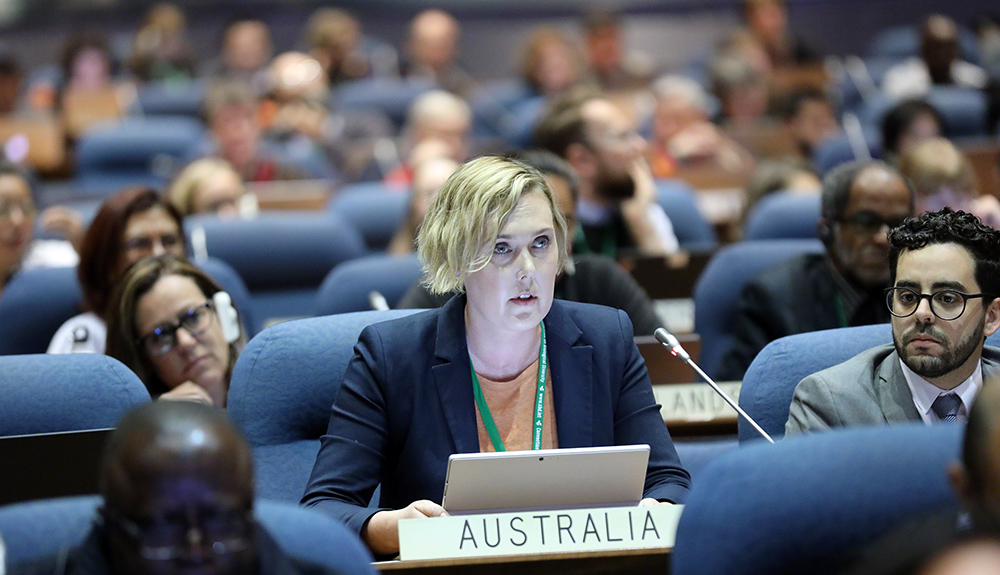
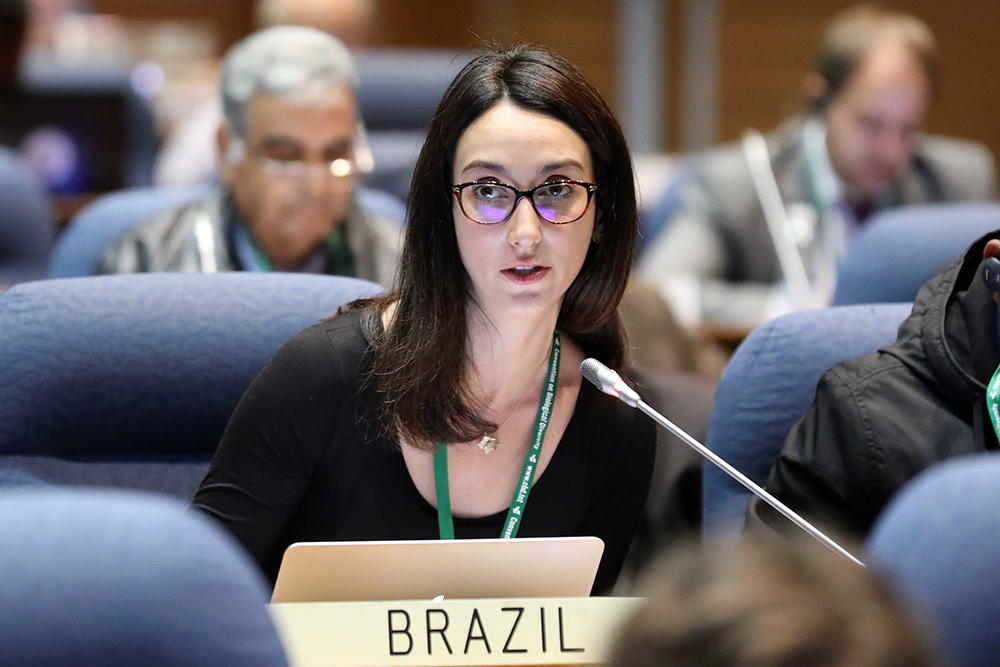
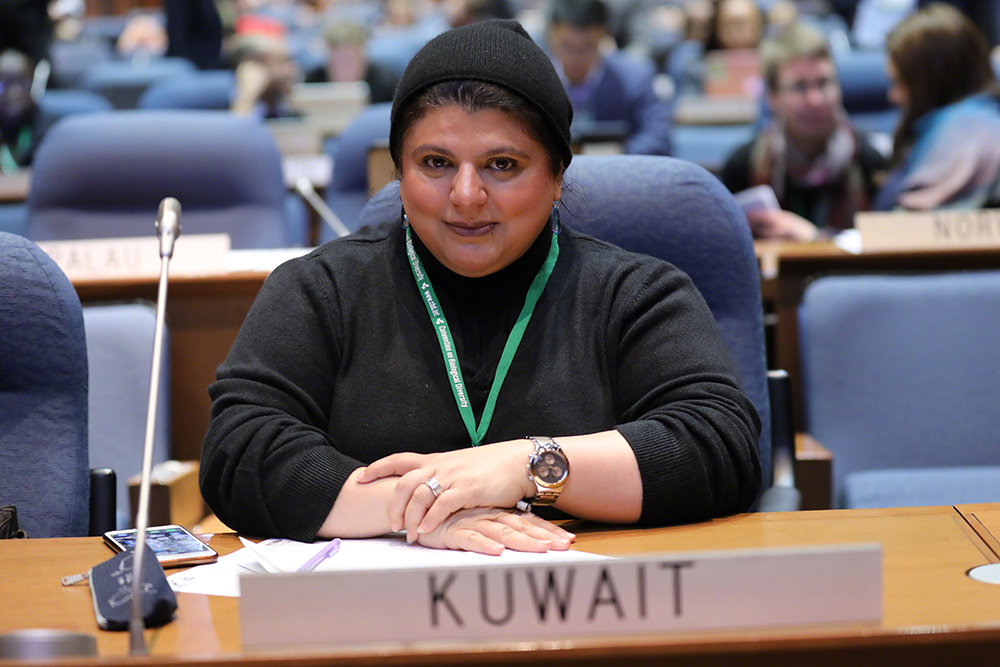
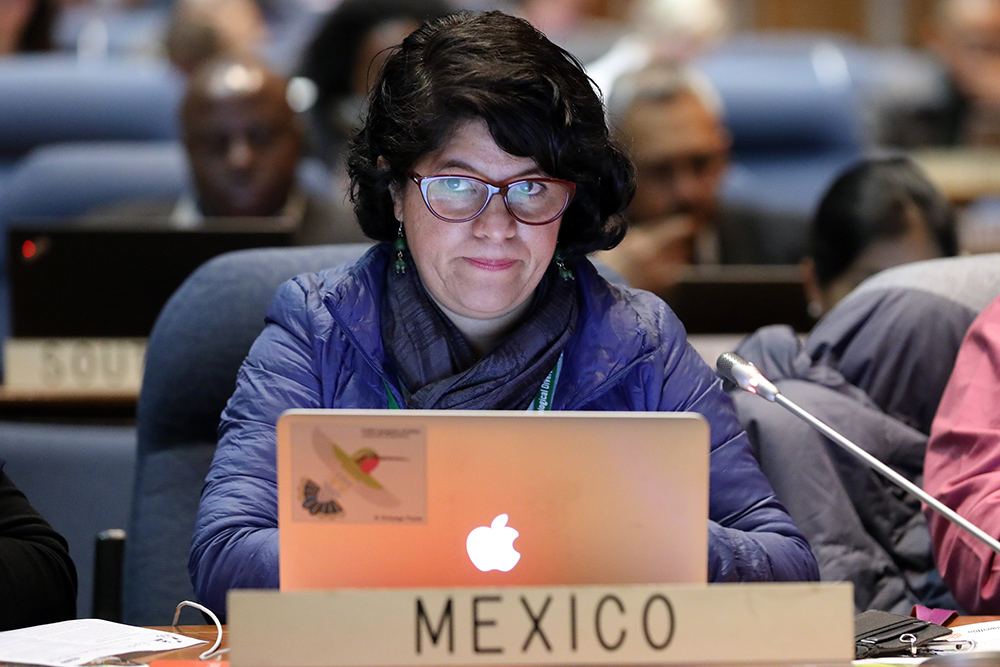
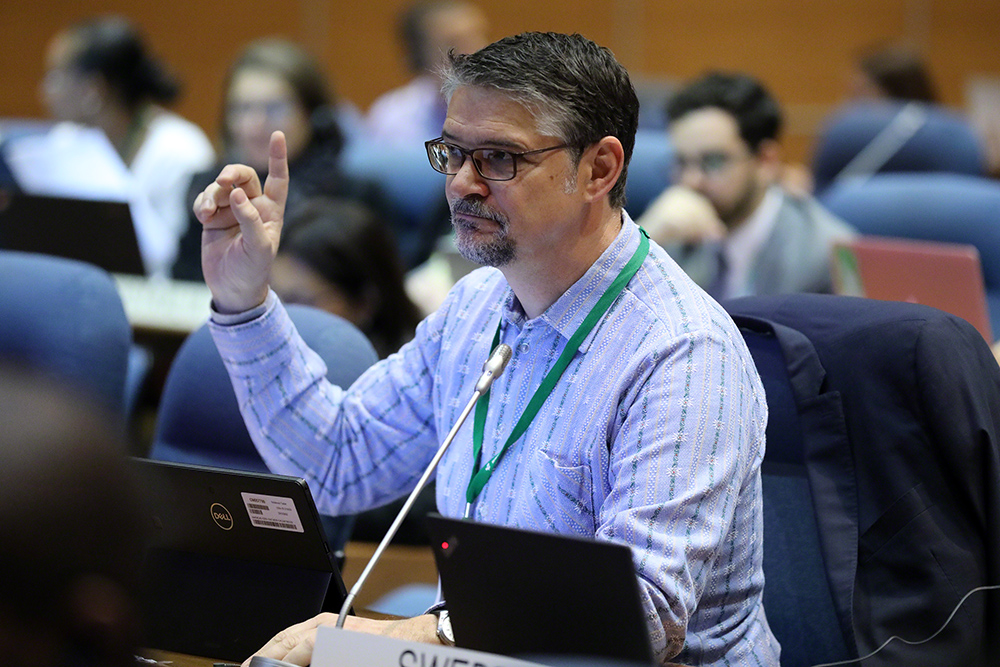
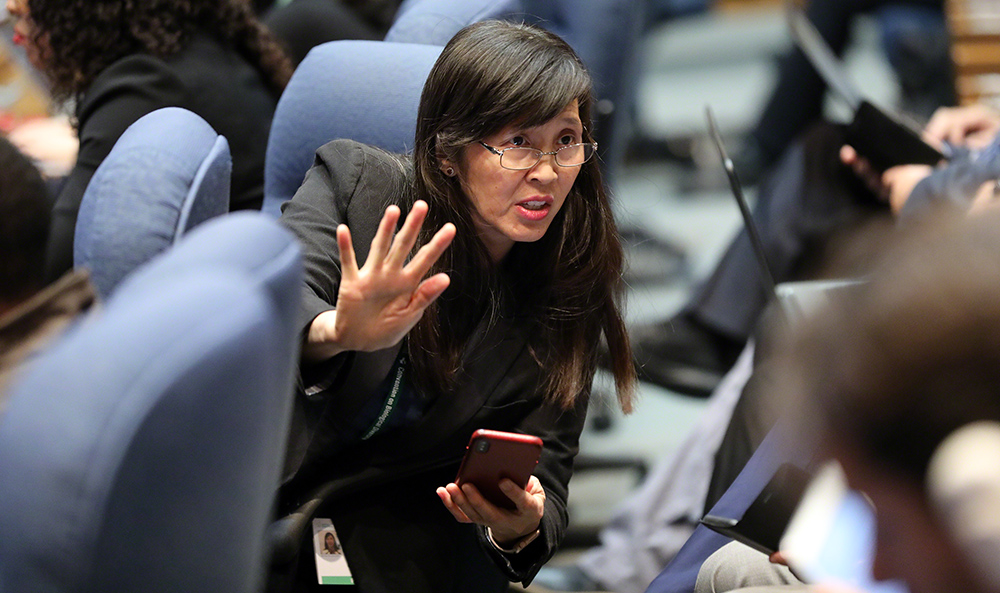
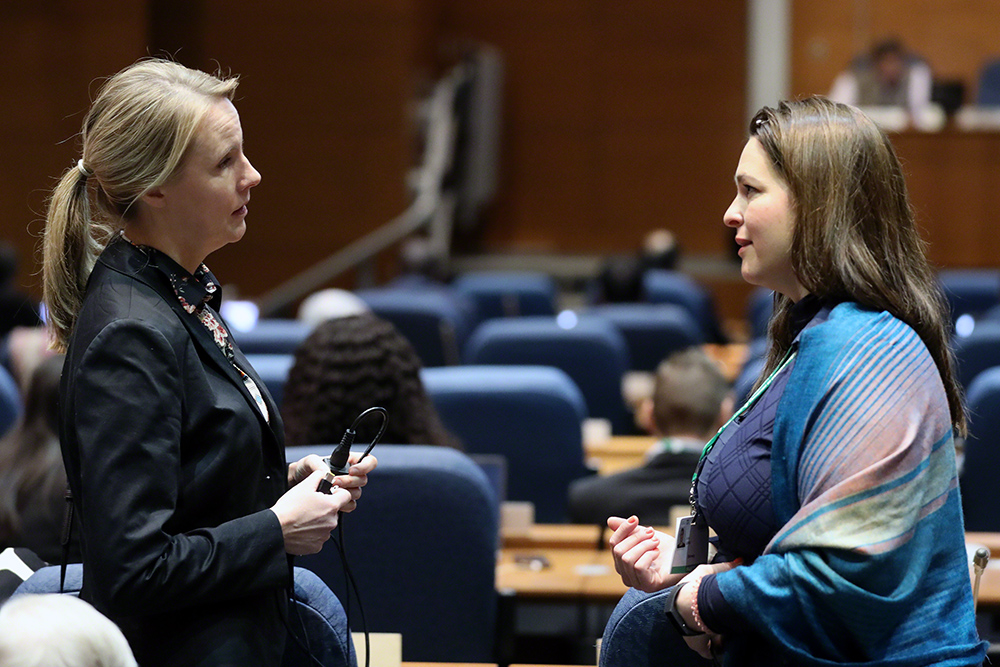
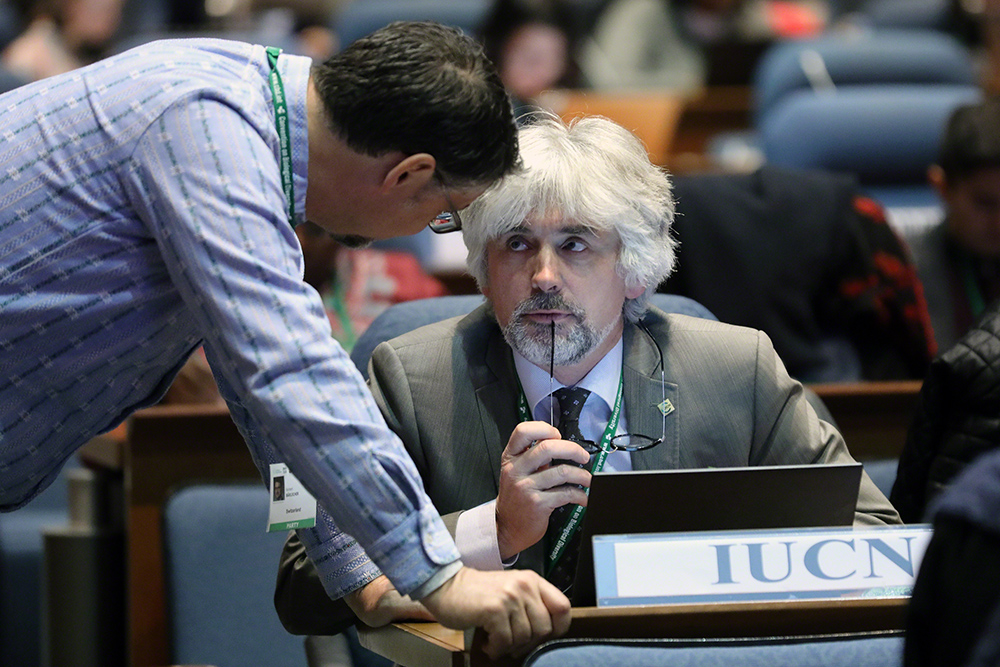

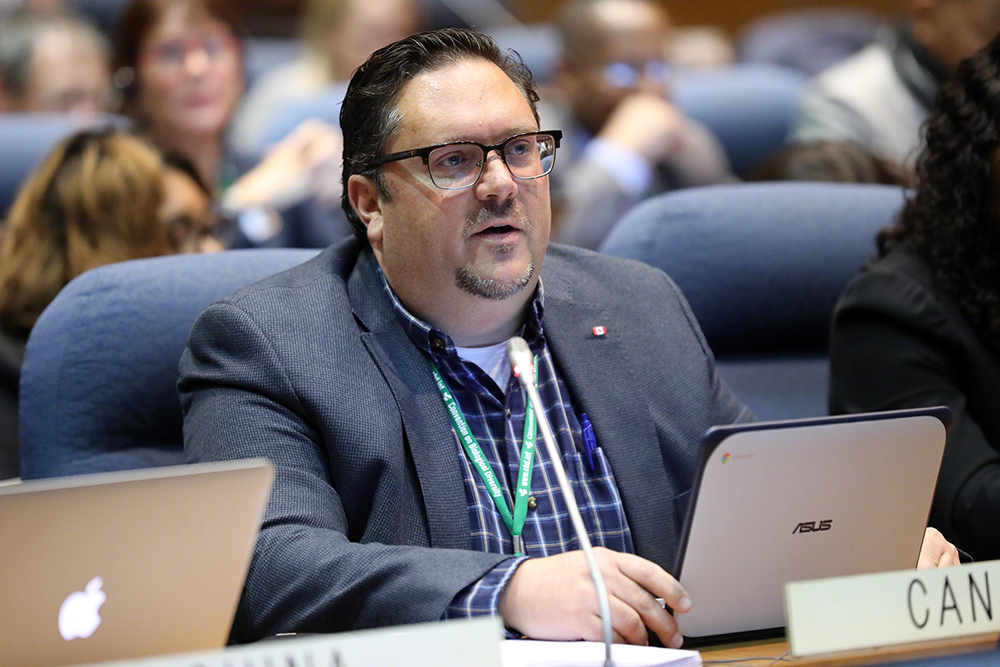

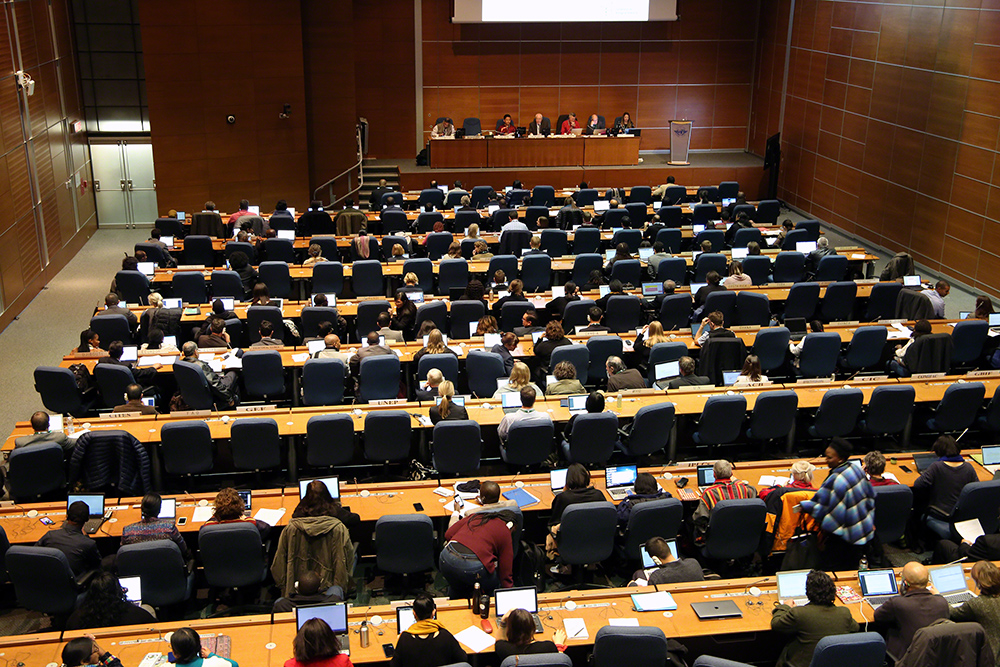
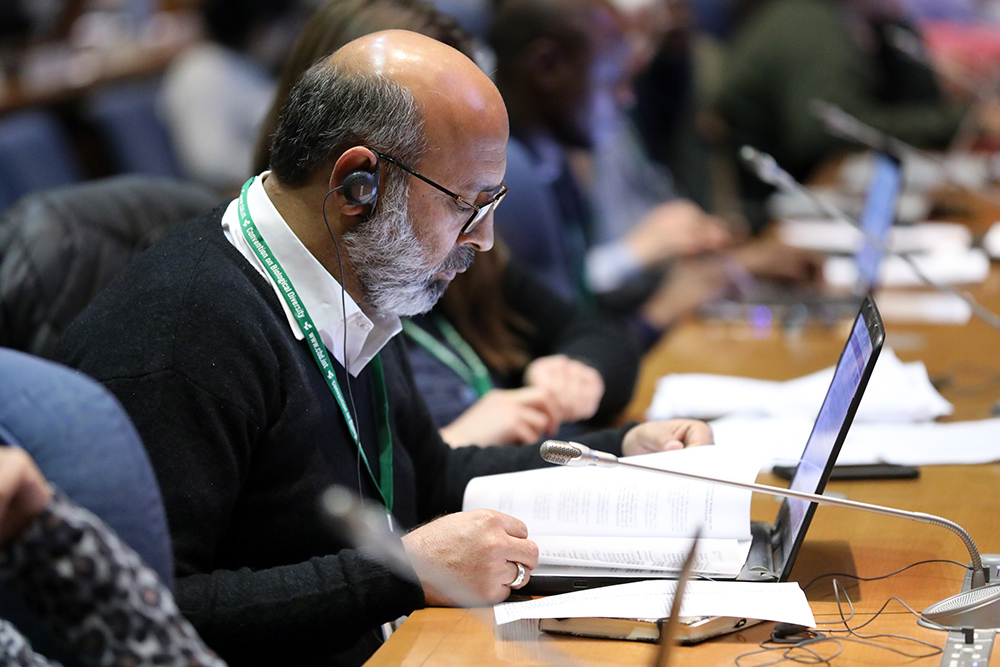
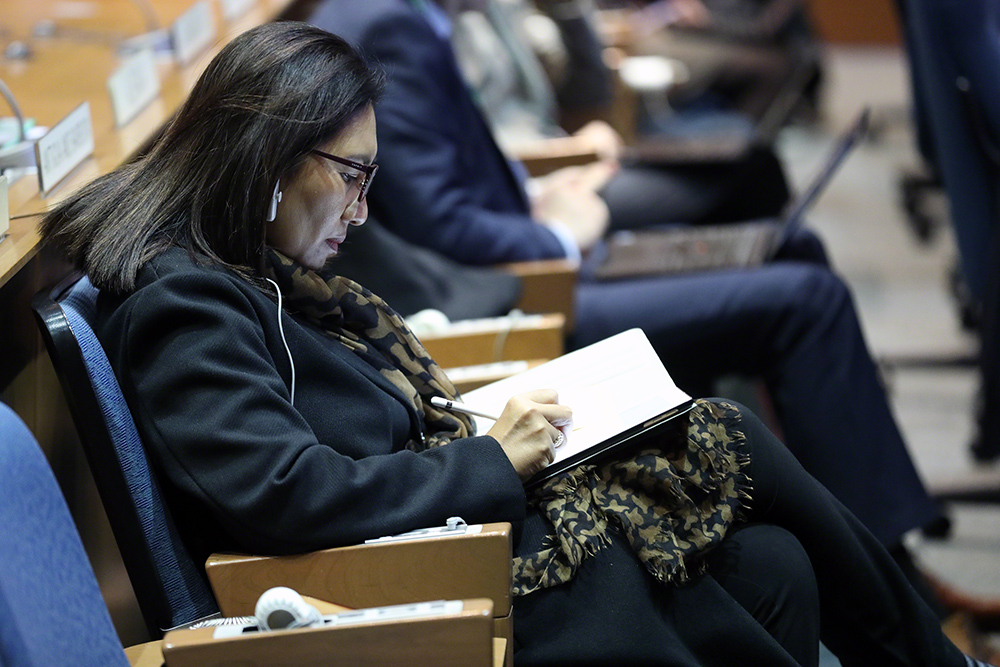

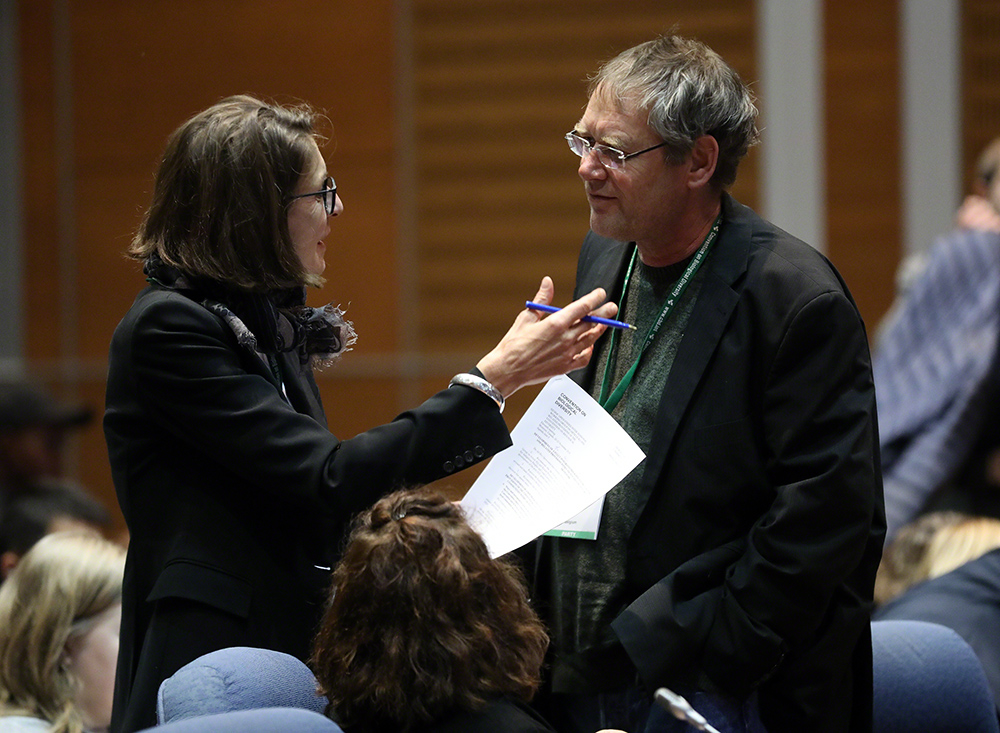
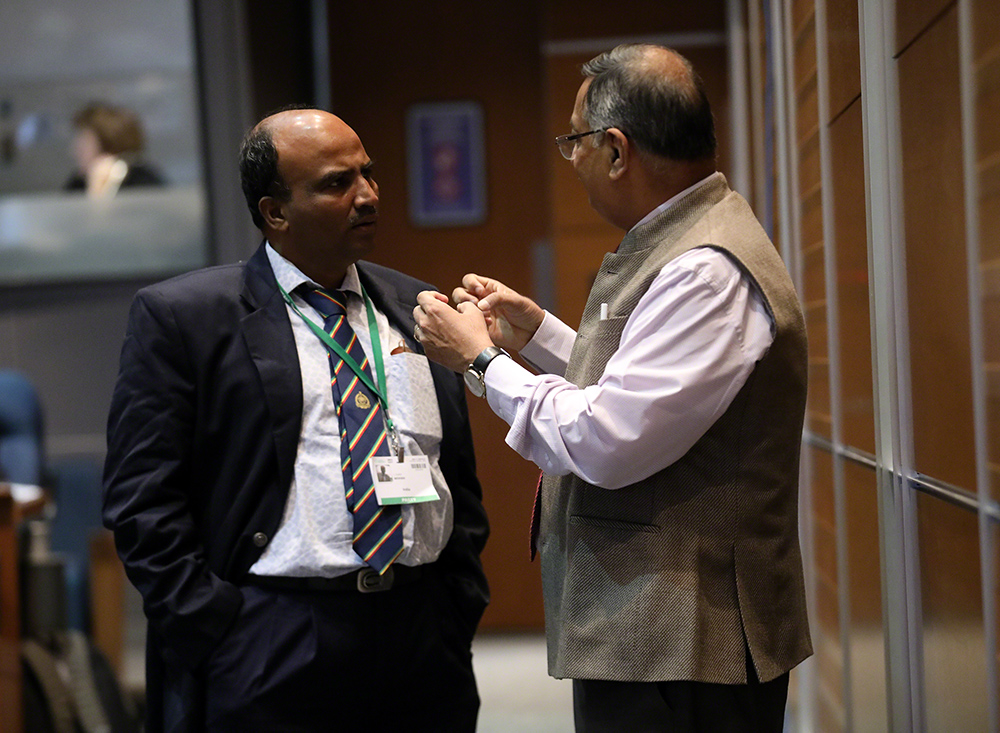
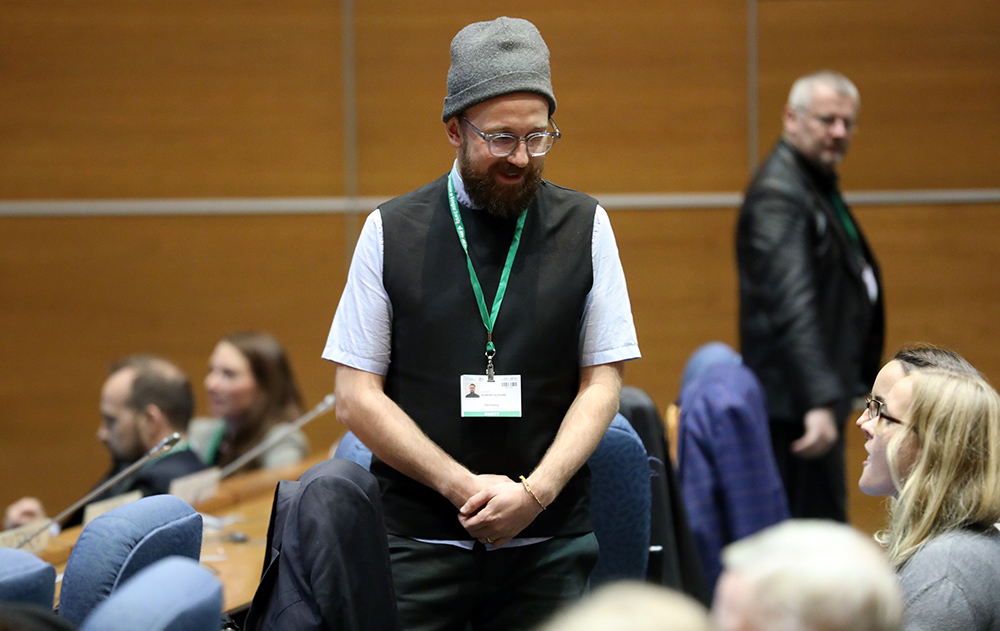

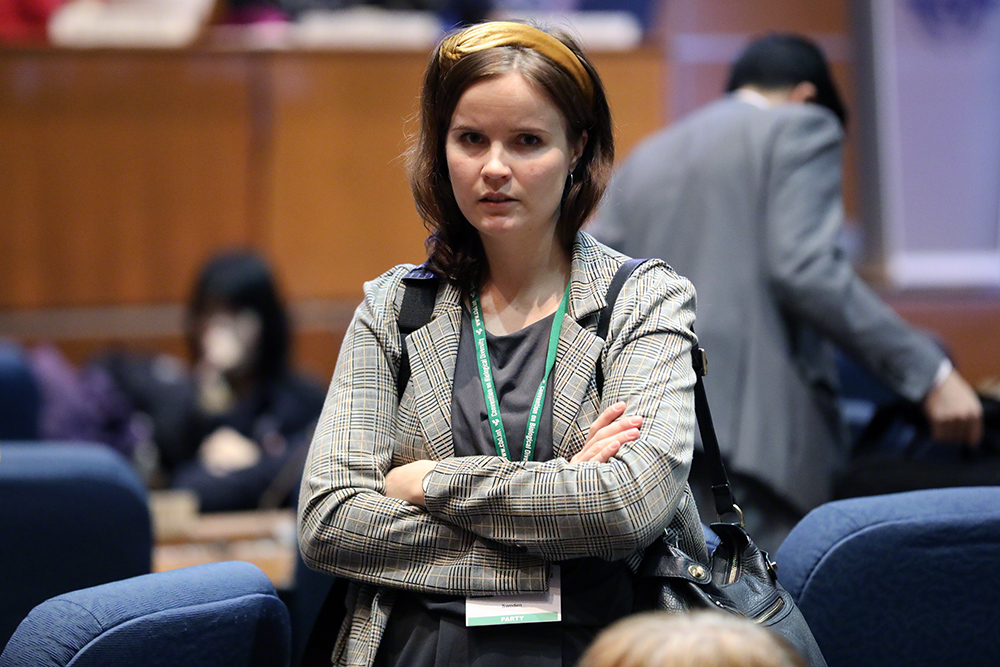
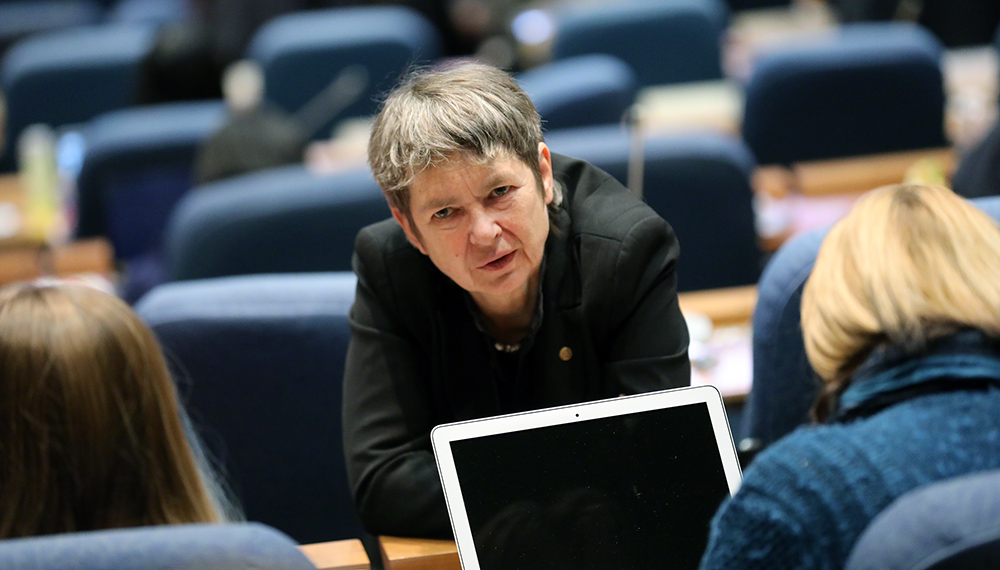
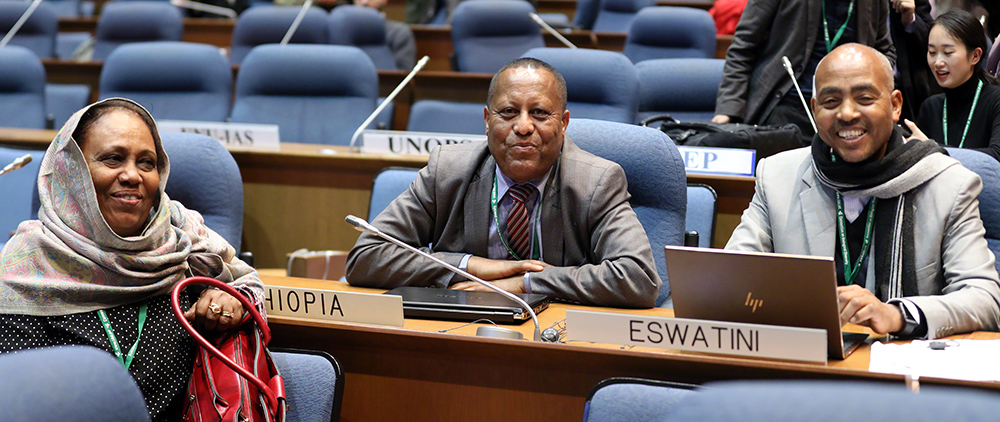
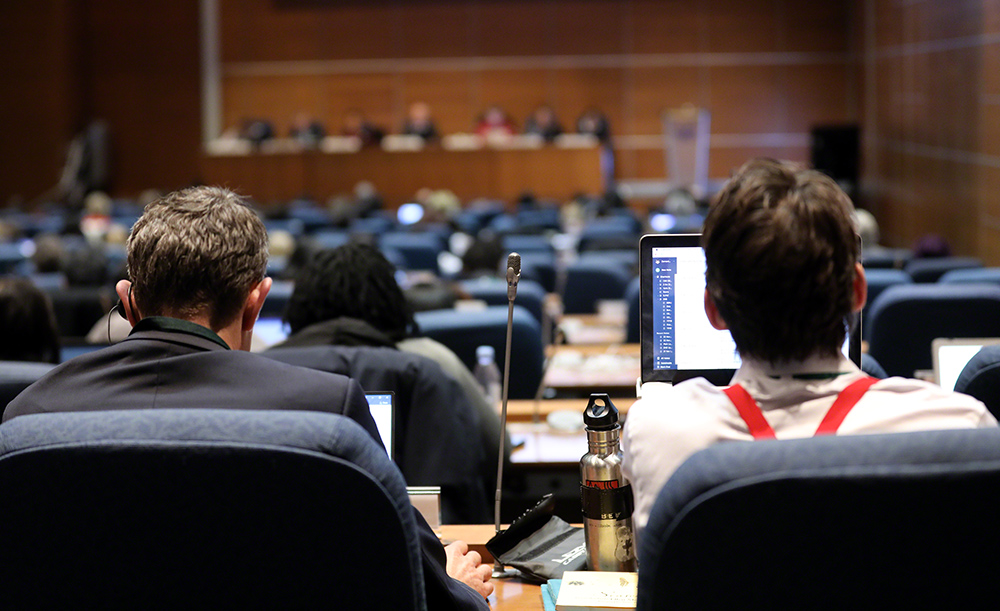
Around the Venue

